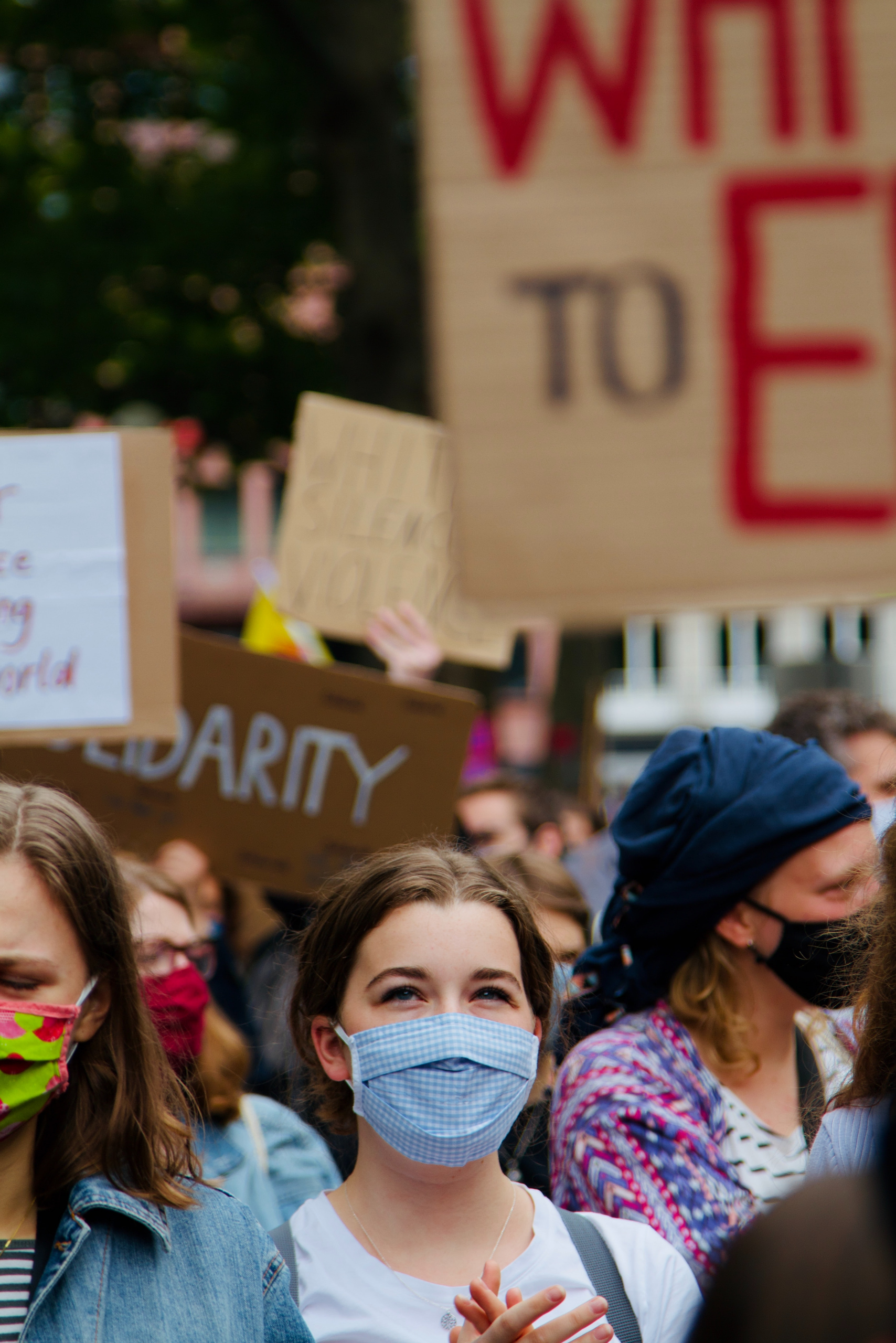Human rights are at the center of the United Nations’ 2030 Agenda, which seeks to realize the human rights of all and leave no one behind. Each of the 17 Sustainable Development Goals (SDGs) includes human rights from the Universal Declaration of Human Rights. In the Local4Action track at UCLG’s World Congress in Daejeon, this topic takes center stage on Thursday, 13 October.
The UCLG Committee on Social Inclusion, Participatory Democracy and Human Rights aims to strengthen local and regional governments’ role in the promotion of fundamental rights. To this end, the session on “Building the Future of the Human Rights Cities’ Movement” will lay the groundwork for new cooperation and joint actions. Similarly, the session on “10, 100, 1000 Human Rights Cities and Territories by 2030” will promote the committee’s Campaign on Human Rights Cities. During this event, the first list of cities joining the global Campaign will be presented. Local governments are invited to strengthen their political commitment by joining the campaign.
A people-centered approach to sustainable urban development also focuses on the governance of human rights and digital technologies. The Cities Coalition for Digital Rights (CC4DR) is working on a Digital Rights Governance Framework project, together with UN-Habitat, Eurocities, UCLG, and the Open Society Foundations. The goal is to create common ground on city-level governance of human rights in today’s digital environment. Within this framework, the authors also seek to provide practical support for cities to put in place the mechanisms necessary for making digital rights a reality.
In the Daejeon Track, new technology and human rights are an important topic as well. New technologies such as facial recognition, artificial intelligence, and the metaverse are already present in our everyday lives. However, some new advancements can threaten some human rights such as the right to dignity, which includes a right to privacy. Local governments are key for protecting human rights in the field of public administration.
The global movement for Universal Health Coverage in 2030 also features in rights discussions at the Summit. Local and regional governments deliver a range of services that are key to keeping people safe and well, playing an important role in the achievement of universal health coverage and ensuring healthy cities and territories. People-centered health systems offer cities a way to protect communities and enhance urban health. Additionally, human rights featured in the session by Open Government Partnerships on Wednesday 12 October. There, a dialogue on the promotion of open government, transparency, and accountability enabled key actors to develop joint strategies for a strong open government with safe and accessible technologies. Key future policy milestones for open government efforts are: the UN SDG Summit and the review of SDG 11, both in 2023, and the UN Summit for the Future in 2024.

